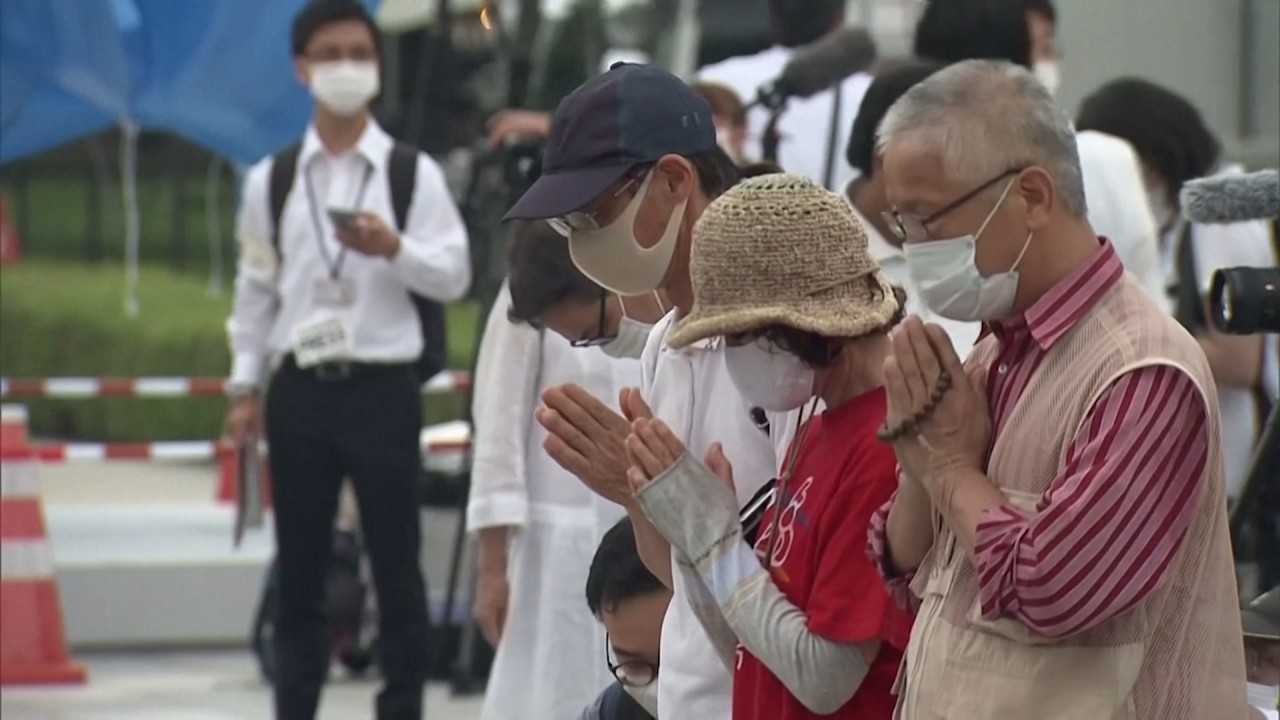
As China and India stand by Russia over Ukraine war, why are their media not speaking in one voice?
- International experts at a Beijing webinar raised concerns over the impact of the cognitive war sparked by the invasion of Ukraine
- While Beijing and New Delhi have refused to condemn Moscow, their media have taken divergent stances on the official line
That was the opinion of media experts at a virtual symposium in Beijing, who put the different media environments down to the divergent social and political traditions in the two Asian neighbours.
This came as participants from Canada, Germany, Mexico, Nepal, Russia, United States and host nation China attending Monday’s webinar raised concerns over the impact of the information battle, or cognitive war, between former Cold War rivals Russia and the US and allied nations that overwhelmingly support Ukraine in the current conflict.
“Now, the majority of the world actually happens to be a true cognitive warfare battleground,” said Andrew Korybko, a Moscow-based American political analyst and member of the expert council for the People’s Friendship University of Russia.
The West has come up with tactics to compare Russian President Vladimir Putin to Adolf Hitler and the Russian military to that of Nazi Germany, as Western leaders imposed their toughest sanctions on Moscow, leaving it ever more isolated.
China and India were also among the 35 countries that abstained from a UN General Assembly vote last month to condemn Russia’s invasion of Ukraine and demand a withdrawal of troops.
As many as 141 of the body’s 193 member states voted in favour of the resolution, sponsored by more than 90 nations.
But India’s long democratic tradition and pluralistic sociopolitical system encouraged “very passionately expressed narratives on both sides”, as the country had maintained “a special privileged strategic partnership with Russia” while trying to move closer to Washington in recent years, Korybko told the symposium organised by the Beijing-based Global Governance Institution (GGI) think tank.
Victor Gao, vice-president of the Centre for China and Globalisation NGO in Beijing, echoed the official line as he blamed Nato’s eastward expansion and US attempts to station missile defence systems in Ukraine for posing a direct security threat to Russia, thereby triggering the invasion.
He said the same scenario could occur between England and Scotland, if a country like Russia wanted to deploy nuclear weapons on Scottish territory.
The US atomic bombings of Japanese cities Hiroshima and Nagasaki in World War II could count “as crimes against humanity, as genocide, as war crimes”, said Gao, who served as English interpreter for former Chinese paramount leader Deng Xiaoping in the 1980s.
Claiming that the US would not allow Tokyo to make any accusations of crime over the 1945 bombings, Gao said he saw the approach as similar to the ones being applied in America’s ongoing cognitive war with Russia.
“The United States is approaching to declare Russia as an enemy state – I think it has more or less done so already in this war in Ukraine,” Gao said.
“It doesn’t matter whether you are in a democracy … or in a non-democratic state, in times of war, there will be much more restrictions on the freedom of speech, or freedom of research, or making our own opinion known because you are not allowed to do that.”
However, Ulrich Bruckner at Stanford University in Berlin disagreed, saying there were no restrictions on the freedom of speech in either the US or Germany.
“Living in Germany, as a free country that belongs to the Western world, we can say what we want, we can criticise our government,” said Bruckner, who is Jean Monnet professor for European Studies at the Berlin campus and has a second home in the US.
German and American students were allowed to do any research in their countries amid military conflicts, he added.
“I don’t fear for my future employment – being paid in American dollars – if I say something that criticises the American government, or identify contradictions in what the West stands for, and how it communicates.”
As for China, one-party rule and an authoritarian system had diminished its persuasive and presentation skills when fighting cognitive battles with the West, especially on international social media platforms, noted Sourabh Gupta, a senior Asia-Pacific international relations policy specialist with the Institute for China-America Studies in Washington.


